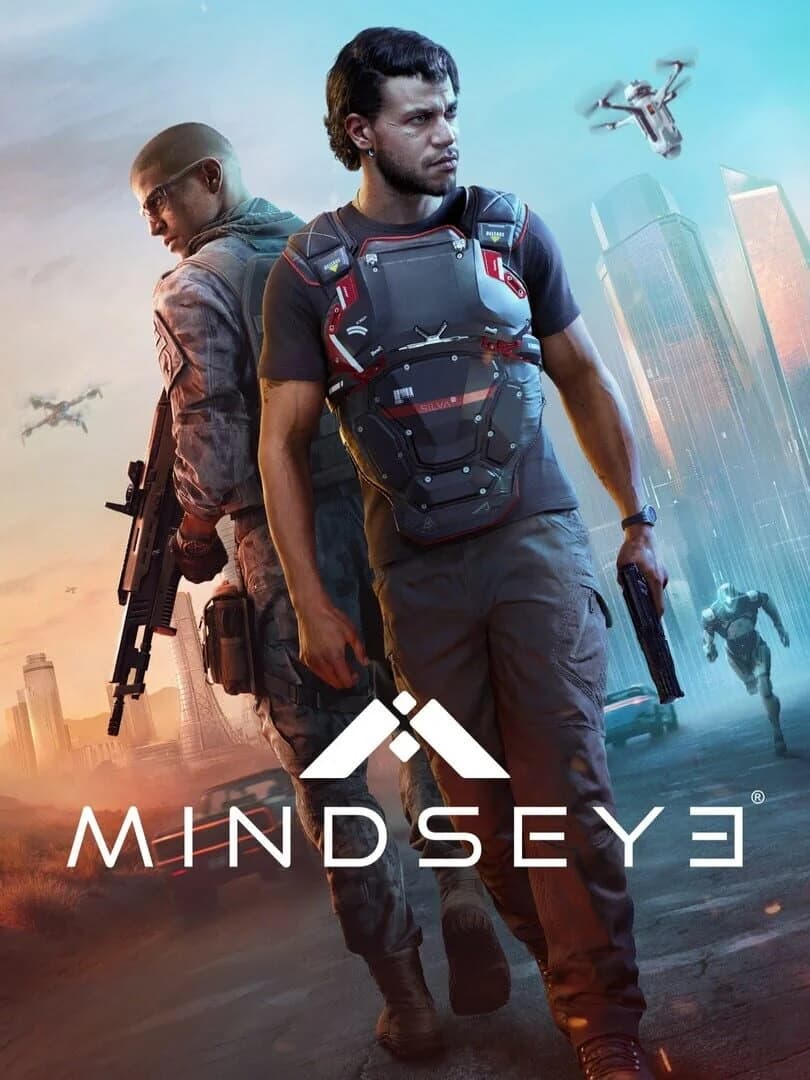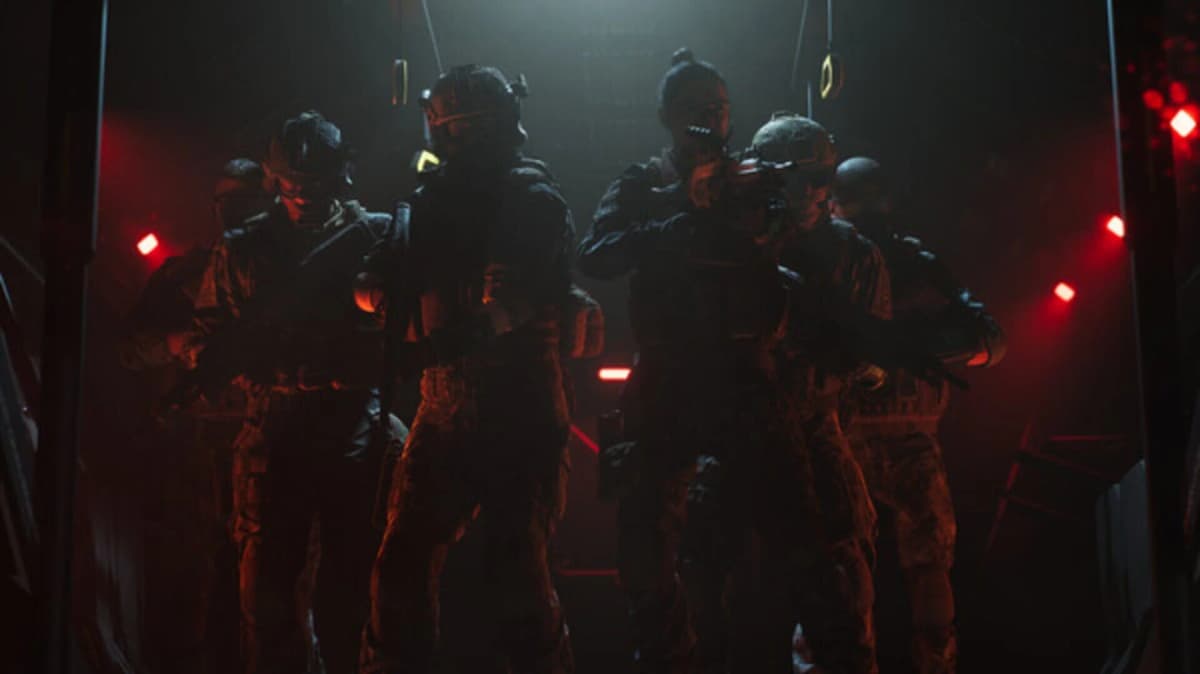
Game intel
MindsEye
Play as Jacob Diaz, a former soldier fitted with The MindsEye, a mysterious neural implant that haunts him with fragmented memories of a covert mission that ch…
I’ve been watching MindsEye with the kind of skeptical curiosity usually reserved for “GTA killers.” When a project is pitched by Leslie Benzies-the guy who shaped Grand Theft Auto’s golden era-and aims to shake up the open-world genre, it’s hard not to pay attention. But as MindsEye’s June 2025 launch inches closer, developer Build a Rocket Boy’s ambitious promises are colliding with messy reality: tepid trailer reactions, bold marketing spin, and, now, the abrupt exit of two top execs. All this just days before release. The drama is real, but what does it actually mean for gamers hoping for the next urban sandbox classic?
| Feature | Specification |
|---|---|
| Publisher | IO Interactive |
| Release Date | June 10, 2025 |
| Genres | Action-Adventure, Open World, User-Generated Content |
| Platforms | PS5, Xbox Series X/S, PC |

MindsEye’s journey has been anything but straightforward. Originally, the project was part of Everywhere—a sprawling, user-driven creation platform where players could craft and share their own experiences. That vision morphed into a standalone action-adventure game, but the DNA of user-generated content remains with the Build.MindsEye toolset. If you’ve got LittleBigPlanet or Roblox fatigue, MindsEye wants to be the “grown-up” answer.
But here’s where skepticism creeps in. The recent trailers—meant to showcase those cinematic and technical leaps—left a lot of gamers cold. The visuals, supposedly “next-gen,” drew ridicule online for looking more like something out of the PS3 era. The backlash got so fierce that Mark Gerhard, studio co-CEO, suggested on social media that the negative feedback was a coordinated effort to sabotage Leslie Benzies’s comeback. When devs start blaming conspiracies rather than addressing criticism head-on, it’s rarely a good omen.

This week’s bombshell—two high-level departures from Build a Rocket Boy’s legal and financial leadership—amplifies the sense that things are not as smooth as the marketing suggests. In my experience covering launches with this much drama so close to release, it’s often a sign of internal chaos or last-minute pivots. It doesn’t help that the studio keeps touting “support for a decade” and a “constant stream of premium content,” which, after the live-service misfires we’ve seen lately, sounds more like a warning than a promise.

I can’t help but compare MindsEye’s hype cycle to the last wave of “GTA competitors”—think Watch Dogs, Sleeping Dogs, or even Saints Row’s rough relaunch. Each promised to disrupt Rockstar’s open-world dominance, but most fell short because they either tried to do too much or were outpaced by technical expectations. Benzies’s pedigree gives MindsEye a shot, but if its core gameplay, tech, or creative tools aren’t up to scratch, no amount of cinematic ambition is going to save it from the same fate.

For players, here’s the real question: Is MindsEye a creative sandbox worth investing in, or another ambitious project that crumbles under its own weight? I’m genuinely rooting for any game that tries to give players more control—especially when user-generated content is more than a marketing bullet point. But leadership shakeups, defensive PR, and mixed technical impressions are red flags, especially when the genre is so crowded and expectations for polish are sky-high post-GTA 5 and Cyberpunk 2077.

My advice for fellow gamers? Watch launch impressions closely and don’t buy into the “decade of support” without seeing a solid foundation first. The creative suite is intriguing, but if the core game isn’t fun or the world feels last-gen, the best modding tools in the world won’t matter. MindsEye has one shot to prove it’s more than just another “GTA challenger”—and the next few weeks will show if it can handle the pressure.
TL;DR: MindsEye is shaping up to be one of 2025’s most ambitious—and risky—launches. The exodus of key execs, negative fan response to early footage, and defensive studio rhetoric are all warning signs. Still, with Leslie Benzies at the helm, there’s a glimmer of hope for something special—if the team can stick the landing. As always in gaming, cautious optimism (and a healthy dose of skepticism) is the way to go.
Source: IO Interactive via GamesPress
Get access to exclusive strategies, hidden tips, and pro-level insights that we don't share publicly.
Ultimate Gaming Strategy Guide + Weekly Pro Tips